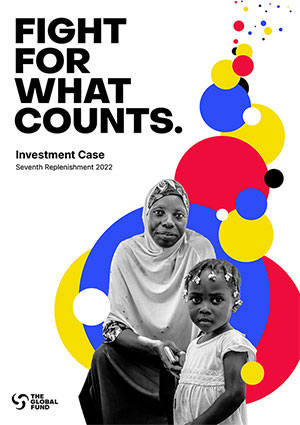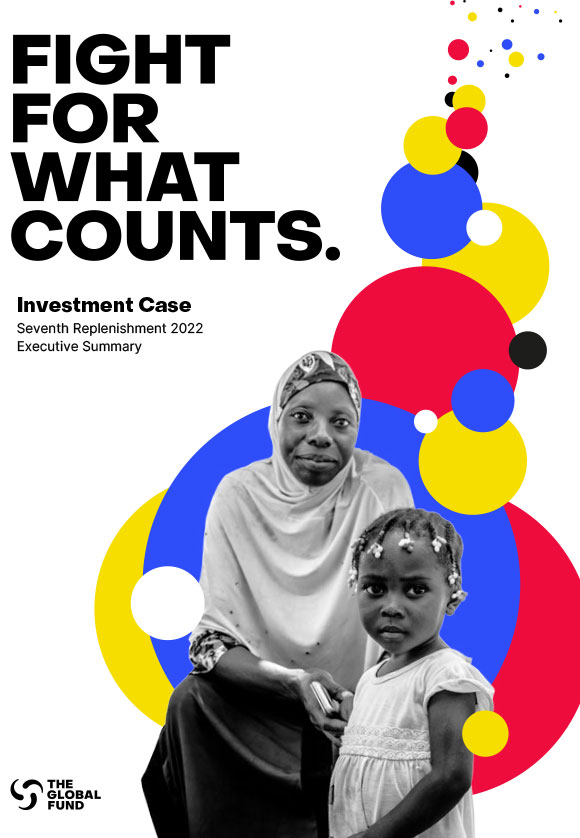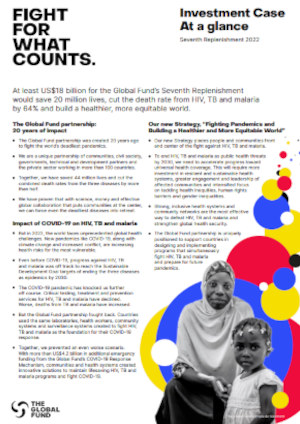Malaria Can Be Reduced By 75 Per Cent Within Ten Years
14 November 2005
World's Largest Financier of Malaria Programs Reiterates Commitment to Support Countries in Fight against Deadly Pandemic
In the keynote address to the fourth Pan-African Malaria Conference, Dr Christoph Benn, the Global Fund's Director of External Relations, reaffirmed the Global Fund's commitment to supporting countries in the fight to reverse malaria morbidity and mortality.
"Malaria steals the life of millions of children, in Cameroon and across the African continent," said Dr. Benn, addressing 2,000 scientists and decision-makers in Yaounde, Cameroon. "We know how to prevent it, and we know that we have effective methods for treating it. So far we have failed, as malaria incidence has not come down since 2000 and a lot of time has been wasted. Let us give ourselves the means for these solutions on a grand scale."
To indicate the potential for success, Dr Benn referred to a malaria project in the cross-border region of the Lubombo, which includes parts of Mozambique, Swaziland and South Africa, where a systematic use of existing tools against malaria has led to a decrease in the incidence rate of malaria of between 86 and 96 percent by district over the past three years.
The Global Fund has played a key role in the spectacular increase of international resources to fight malaria in recent years. International donors allocated US$ 600 million to combat malaria in 2004 (as compared to US$ 42 million in 2000), of which 45 percent is channeled through the Global Fund. This share of total international funding will increase as a number of new Global Fund-supported malaria programs take off.
Approved Global Fund grants are worth a total of US$ 1.9 billion over five years. Through 88 grants proposed and implemented by recipient countries, the Global Fund has committed resources to deliver 264 million doses of artemisinin-combinations therapies (ACTs) and 109 million insecticide-treated bed nets over the next two to five years.
"Our support is part of a major effort together with other partners," Dr Benn said. "The aim should be to provide every family in Africa with a net."
Beyond financing provided by the Global Fund and its partners, Dr. Benn spoke of concrete steps needed to turn finance into results. New scientific developments and increased finance represent an unprecedented opportunity to drive back malaria.
The Millennium Development Goals agreed by the United Nations in 2000 can only be achieved, however, with the mobilization of additional political support, improved coordination among partners, provision of high-quality technical assistance, and broad implementation of innovative products and strategies developed by the scientific community.







